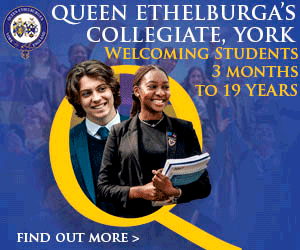Talking To Your Child About Race
The topic of racism has been at the forefront of many minds lately. With the killing of George Floyd on May 25th came a series of international protests and demonstrations - in fact some are saying this is the largest civil rights demonstration the world has ever seen. Whether you agree with the protestors and their approach or not, one thing that’s very clear is that the "Black Lives Matter” movement is not going away.
People are becoming more aware of racism as not just the overt name calling, but the numerous tiny "microagressions” that people of colour face every day, as well as the fundamental way many systems are set up to covertly favour white people.
Many of us have children who are asking questions, and it can be hard to know what to say to them. Talking about race and racism can be uncomfortable, but it is important - and not something to be left solely for schools to deal with, especially at the moment.Here are some tips to help…Talk to your children about race.
It doesn’t matter if you don’t know all the answers; children can be very accepting of the "I don’t know; let’s find out together” approach. What’s important is that you discuss race. When we don’t discuss things like skin colour and appearance, children can form their own conclusions and these can be inaccurate and harmful.
What Is Racism?
Basically, racism is the belief that certain races are superior to others, and discrimination or even hatred based on this.Not all racism is obvious
If you’re white, you may look around you and think there is no racism. It’s easy to think that because we don’t usually hear people shouting racist slurs at people in the street, there’s nothing to worry about. The problem is that the majority of racism is not obvious unless you are on the receiving end of it. This is often referred to as "white privilege” - the fact that as white people, we can be blissfully unaware of the way modern life is often skewed in our favour.Make an effort to learn together
There is a lot of information available at the moment, and many resources aimed at both adults and children. Even something as simple as watching Newsround together can help to bring up conversations around race as they report what’s going on in the world.Talk about fairness
Children -especially younger children - often see the world in terms of fairness so this can be a good place to start. Talk about treating others fairly, and also how society can sometimes treat others unfairly based on the colour their skin
Keep the conversation goingThe most important thing we as parents can do is to maintain open lines of communication. If a young child asks a question about race it can feel uncomfortable and we may feel that we want to just shut it down - but this is not helpful in the long term.
Keep talking, and keep listening to what your child is asking and telling you. This is how we can all learn and change society for the better.






